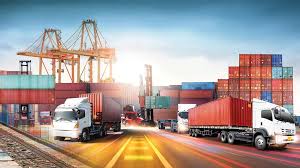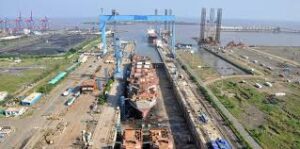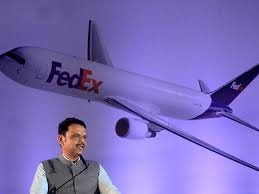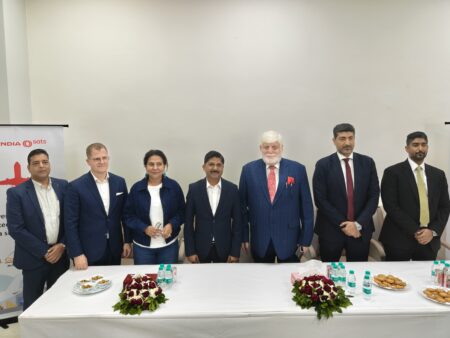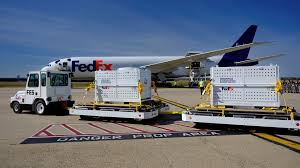Engaging with Vijay Vashisht, AVP, Safexpress, we explore the dynamic shifts in automobile logistics. Covering aspects like the rise in online vehicle sales, a commitment to sustainability, digital transformation, and the influence of technological progress, the industry adjusts to changing needs.
Vijay Vashisht underscores the substantial evolution in automobile logistics driven by technology, shifting customer expectations, and sustainability concerns. Notable trends encompass the incorporation of delivery drones, autonomous vehicles, and crowd-sourcing platforms, coupled with last-mile optimisation through route algorithms.

The future of automobile logistics anticipates several trends shaping the industry
Sustainability initiatives concentrate on curtailing carbon emissions, enhancing transportation routes, and employing eco-friendly packaging. The surge in online vehicle sales via e-commerce introduces challenges and opportunities. In response to these changes, logistics companies pivot towards digital transformation, data analytics, and sustainable practices to ensure enduring competitiveness and success.
Logistics conundrum
In the realm of automobile logistics, companies confront a myriad of challenges—visibility gaps, excess inventories, sustainability concerns, quality control issues, and the disruptive aftermath of events like COVID-19. The intricacies of the automobile supply chain necessitate cost-reduction strategies amid the complexities of bulky and time-sensitive shipments. Challenges also include instability, labour turnover, talent shortages, and the need to diversify supply chains. Hindered shipment visibility, routing complications, and obstacles in transporting aftermarket parts compound industry struggles. Compliance with environmental regulations and the rise of electric vehicles further heighten logistics hurdles.
Efficient and timely automobile delivery is achieved through meticulous logistics planning and a robust supply chain. Trained professionals ensure secure packaging and handling, guaranteeing the safe transportation of vehicles. Real-time tracking allows customers to monitor shipment progress, ensuring organised and timely deliveries.
Auto tech
In the auto industry, technology is revolutionising logistics operations. With in-house-developed solutions and cutting-edge technology, the focus is on automated, error-free, and swift logistics services. A technological metamorphosis includes digital transformation, cloud computing, AI, and dynamic pricing modelling in collaboration with IBM. These advancements enhance employee productivity, streamline contract negotiations, and offer innovative supply chain services like express distribution and third-party logistics. Operational efficiency is further augmented by real-time tracking, warehouse automation, and GPS-enabled vehicles, shaping the future of logistics in the automobile industry.
Auto evolution
The future of automobile logistics anticipates several trends shaping the industry. Automotive firms seek supply chain strategies for market opportunities, cost reduction, and competitive advantage. Electric vehicles are poised to elevate the global automotive logistics market. Digitization transforms supply chain and logistics for OEMs and suppliers, with investments in advanced warehouse management and last-mile partnerships. E-commerce integration quickens delivery, enhances transparency, and improves customer experiences. Sustainability takes centre stage, with businesses adopting green initiatives, alternative fuels, energy-efficient vehicles, renewable energy, and waste reduction to minimise their carbon footprint.

